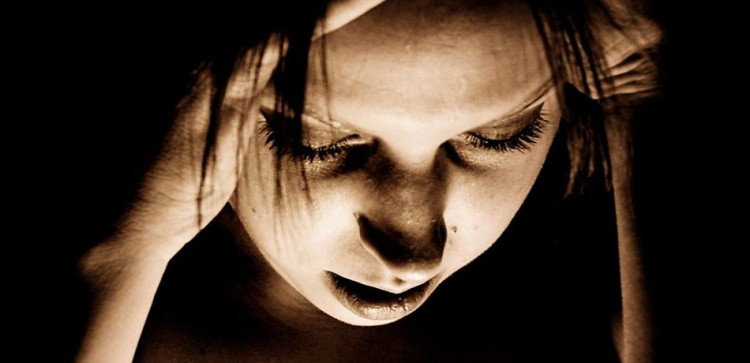There may be an underlying reason why you wake up dehydrated. Save for a hangover, other reasons include a lower level of estrogen and night sweats, with the latter possibly pointing to a far more serious health concern.
Your body's circadian rhythm makes sure that you stay hydrated even when you are asleep. It controls the amount of water you lose overnight. However, when this hydration process is disrupted, then it is your body's way of telling you that something else is going on deep inside.
Doctors at the Mayo Clinic attribute several factors on why you wake up dehydrated, which is not a good feeling. It is usually accompanied by a dry mouth, dizziness and confusion, and body malaise. Thus, it is important to narrow down the reasons why dehydration could happen overnight.
For starters, your sleeping style affects the amount of water you lose. If you breathe with your mouth, or if you snore or have sleep apnea, then you are prone to lose more water than if you breathe through your nose.
Then there are the night sweats. If you sweat under warm or hot temperature conditions, then it is understandable. Experts at the National Sleep Foundation recommend sleeping in a cooler temperature to minimize water loss during sleep or perspiration.
"An overly dry or warm bedroom can also lead to extra fluid loss during the night."
However, if you have night sweats even in an air-conditioned room, then it is time to consult a doctor. Your body is telling you that there is an underlying medical condition or an illness that needs treatment.
Moreover, waking up dehydrated could mean lower levels of estrogen, which is involved in the body's ability to keep moisture in. The estrogen level especially drops during a woman's menstrual cycle, so waking up dehydrated is expected. Dr. Robert Kominiarek, DO, a board-certified family physician in Ohio, suggests to increase fluid intake to stay hydrated.
Another underlying reason would be diabetes. Waking up dehydrated could be a sign that you are diabetic and you do not realize it yet. Those annoying trips to the bathroom that wake you up from sleep is your body's way of getting rid of the excess sugar through urination, which in turn, leads to less water retention.
Finally, one more factor to consider is the carbohydrate intake. A low carbo intake may mean a few pounds off the scale. However, it could also result in low fluid intake. When you cut off carbo-rich foods in your diets, such as oatmeal, brown rice, and whole grain pasta, which soaks up water during the cooking process, then you are unknowingly decreasing your hydration levels.






